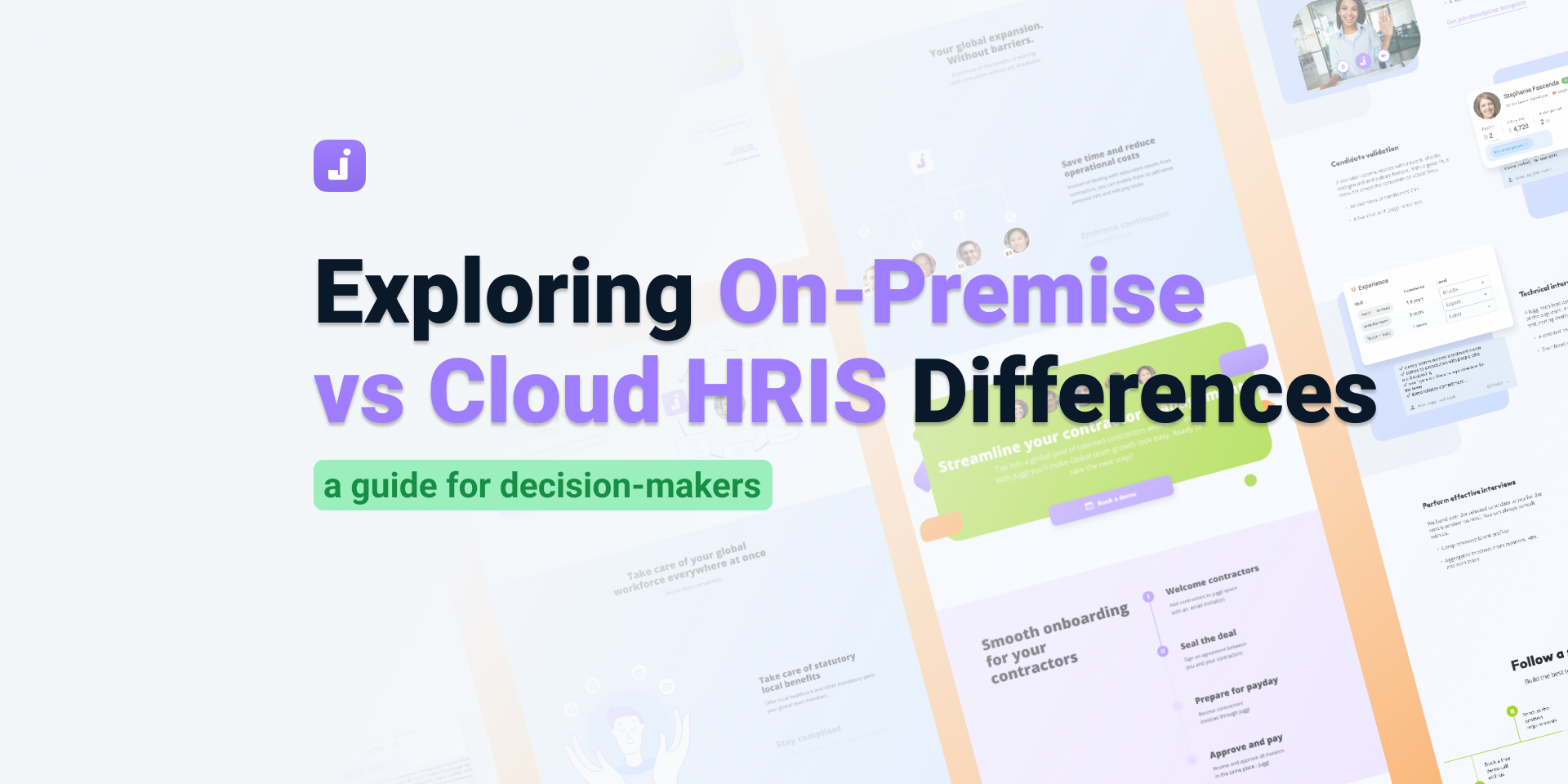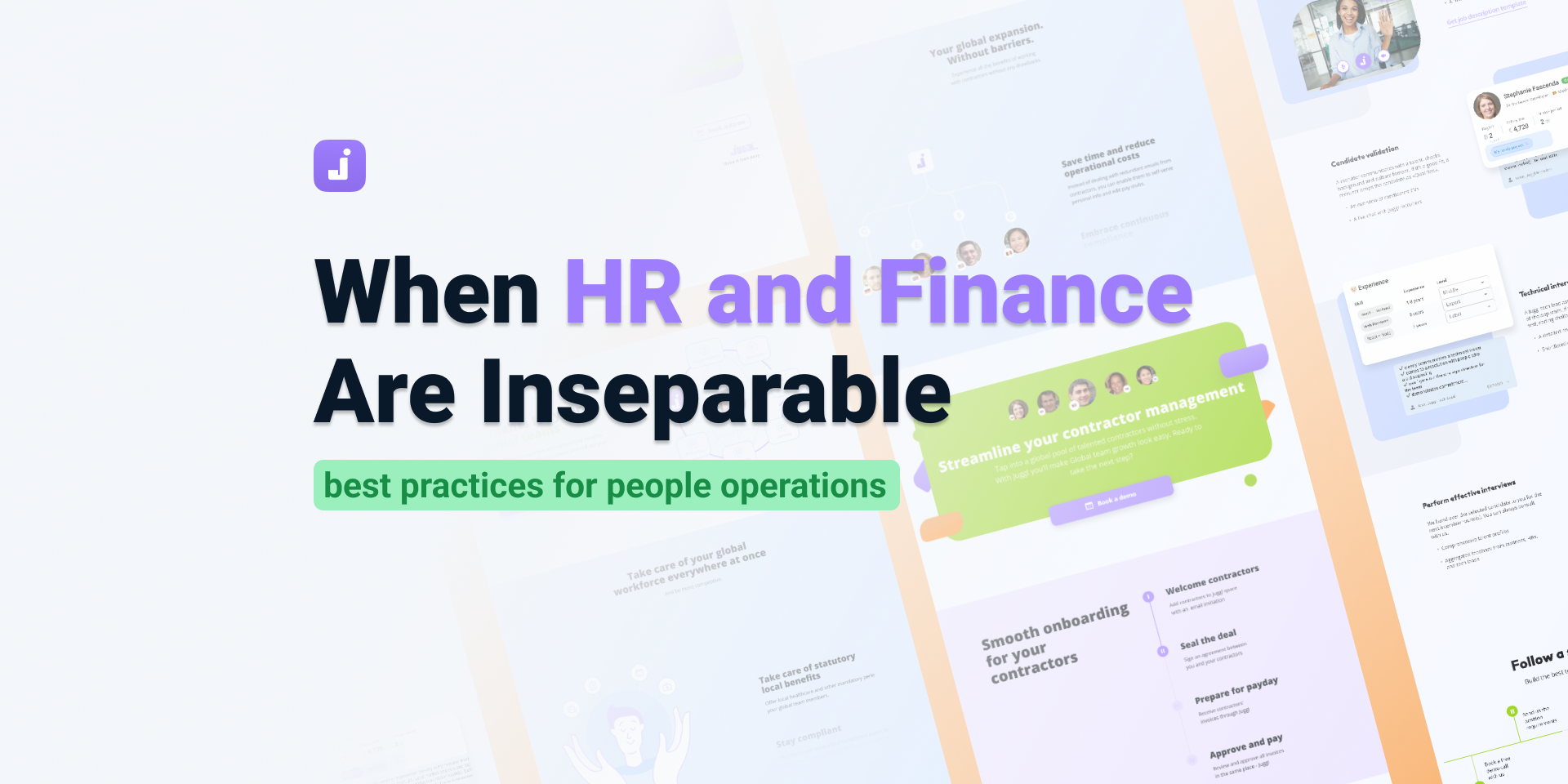How to run effective overtime policies (with examples and template)
This quick guide will help you understand and implement effective overtime policies for your business.
Navigating the complexities of overtime can be really daunting, especially for small business owners just starting out. Fair pay rules, tracking overtime correctly, brain-racking legislation, workplace culture – all these nuances require a well-thought-out approach. This comprehensive guide aims to explain the intricacies of paying overtime. I hope it will help you establish clear and fair overtime practices in your company.
Why Overtime Policies Matter
An effective overtime policy is vital for several reasons. First, it serves as a foundation for equitable employee compensation and helps avoid legal pitfalls associated with non-compliance. Besides, efficient overtime policies drive employee satisfaction, demonstrating that the company is committed to fair workplace practices.
The Benefits of Having a Robust Overtime Policy
Implementing a well-designed overtime policy brings multiple advantages to both business owners and employees:
- It ensures legal compliance, preventing complications and potential penalties.
- It optimizes payroll management, as effective tracking of overtime hours contributes to accurate and predictable payroll budgeting.
- It enhances productivity and efficiency, with streamlined processes for tracking and compensating overtime.
- It improves transparency and employee relations: every team member knows what they are paid for. Altogether, this promotes a positive workplace culture and contributes to better retention.
How to Design an Overtime Policy That Works
Designing an overtime policy requires careful consideration of legal requirements, business operations as well as workers' expectations. Here are key elements to consider:
- Legal compliance: double-check your current policies against mandatory overtime pay regulations, such as the Fair Labor Standards Act (FLSA) in the U.S. or any other local regulation.
- Eligibility criteria: revise definitions and entitlements for exempt versus non-exempt, hourly versus salaried, and contract versus full-time employees.
- Overtime compensation: Specify standard overtime rate and any condition-specific multipliers. Usually, it follows the standard 1.5x hourly wage rules, but there can be variations in different locations (such as double-pay for over 12 hours in California).
- Managing workload: Consider restrictions on work hours and the legal overtime limit. This prevents excessive overtime and encourages work-life balance.
- Approval processes: Establish a system and procedures for employees to request and get approval for overtime before working extra hours.
- Disciplinary measures: Provide conditions clearly stating when the employer may request to work overtime, and when the employee can decline. Also, state any repercussions for unauthorized overtime to maintain control over labor costs.
- Record-keeping: Ensure accurate tracking of hours worked to comply with labor laws and avoid disputes. Incorporate overtime into your budgeting and compensation systems.
Finally, business owners must seriously consider overtime when planning compensation and bonuses. Overtime can significantly affect payroll expenses, so accurate forecasting is crucial.
{{quote-text}}
Last but not least, organizations should continuously review their policies to adapt to legal changes and workforce needs. By implementing a well-structured overtime policy, businesses can ensure compliance, employee satisfaction, and financial efficiency.
How Technology Helps Leverage Overtime Management
Modern payroll and HRIS solutions (Human Resources Information System), including global payroll management systems, offer advanced tools for tracking and calculating overtime. These systems can streamline the record-keeping process, ensuring accuracy and compliance. One of such systems is the Juggl software. It allows companies to automate overtime tracking, as well as keep policies centralized. This way it can be an effective tool for businesses in need to elevate their employee experience and bring policies in order.
Examples of Overtime Policies
While the stardard overtime rate is paid usually at x1.5 times of regular work hours, countries handle overtime differently. Laws include the details about what workers are entitled to overtime pay and how long is the standard work week. Also, there might be differences about the maximum time allowed to work extra time.
Donald Trump’s overtime policy
Basically, the US law envisages the standard rate of 1.5 times for anything over 40 hours per week. But there are variations in regulations across states. Besides, there is an ongoing debate about eligibility criteria.
During Donald Trump's second term, his administration challenged an overtime rule introduced under President Joe Biden, which aimed to raise the salary threshold for overtime eligibility to about $58,600 per year. A Texas judge struck down the rule in 2024, arguing it focused too much on salary instead of job duties. In 2025, the Trump administration appealed the decision, seeking to revise overtime policies.
President Donald Trump also suggested a bill to end taxes on overtime pay (the proposal known as the Keep Every Extra Penny (KEEP) Act). As of March 2025, the proposal wasn’t enacted yet.
California overtime laws
California's regulations are probably some of the strictest overtime laws in the U.S. Employees earn:
- 1.5x pay after 8 hours per day or 40 hours per week
- 2x pay after 12 hours in a single workday
- 1.5x pay for the first 8 hours of work on the seventh consecutive workday.
These regulations aim to protect workers from excessive workloads and ensure fair compensation in the US richest state (if taken by total GDP).
Japan’s Karoshi Prevention Act
Japan has a history of excessive overtime, leading to cases of karoshi (stunningly, there is even a special term meaning ‘death from overwork’). To curtail the problem, the government implemented stricter labor laws in 2014, limiting overtime to 45 hours per month (with exceptions for some jobs, such as drivers, construction workers, and medical doctors) and capping annual overtime at 360 hours. Employers who violate these rules can face fines. Since 2021, the Japanese government has also encouraged companies to consider a four-day workweek to promote work-life balance.
European Union Working Time Directive
EU labor laws limit the maximum workweek to 48 hours, including overtime, over a reference period (typically amounting to 4 months). Employees are also entitled to at least 11 consecutive hours of rest every 24 hours. Some countries, like France, Austria, and Switzerland, even go further with a 35-hour workweek.
Steps to Implement an Efficient Overtime Policy
Whether you already have an overtime policy in place or not, following this step-by-step guidance will help you create an actionable policy that will meet no frictions:
- Conduct an internal audit – Analyze past overtime trends and identify pain points in your current workforce management. Besides, consult legal experts to confirm compliance with labor laws.
- Draft a clear policy – Companies must adopt clear, straightforward procedures for logging, approving, and auditing overtime hours. Incorporate legal guidelines, business needs, and fairness principles.
- Implement time-tracking tools – Use reliable systems for tracking work hours and overtime where necessary. Sometimes, employees may be reluctant to use such solutions, seeing them as too invasive and controlling. In this case, explain the need for using such systems, explain to them the benefits of fair pay and correct tracking of their work time.
- Educate and train your team – It is vital to communicate with employees and managers on the new policy to ensure smooth adoption. Dedicate a meeting to ensure that everyone understands how overtime is calculated, recorded, and compensated.
- Monitor and adjust – Regularly assess the policy’s effectiveness and make necessary adjustments. Checkups highlight discrepancies early, which allows managers to add corrections in due time and uphold compliance and fairness.
Plan Your Overtime Policies Strategically
Sticking to HR best practices, including overtime management, is crucial for creating a healthy and respectful workplace. Modern strategies can significantly enhance your business's operational efficiency. In particular, think of adopting advanced HRIS and payroll systems, accurately budgeting overtime, and maintaining transparent communication with your team. And remember, an informed approach to overtime can transform it from a challenge into an opportunity for growth and better relations in a team.
Overtime Policy Sample Template
Company Name: [Your Company Name]
Policy Name: Overtime Policy
Effective Date: [Insert Date]
1. Purpose
To ensure fair and lawful compensation for overtime work while maintaining efficiency and employee well-being.
2. Scope
Applies to all non-exempt employees as defined by [Relevant Labor Law].
3. Overtime Eligibility
Employees who exceed [X] hours per week/day will be compensated at [1.5x/2x] the regular rate.
4. Overtime Approval Process
Employees must obtain written approval from [Manager/Supervisor] before working overtime.
5. Overtime Compensation
Overtime will be compensated according to [State/Federal] laws and company policies.
6. Timekeeping and Compliance
Employees must accurately record all worked hours using [Timekeeping System]. Failure to report hours correctly may result in disciplinary action.
7. Review and Amendments
The company reserves the right to review and modify this policy as needed.









